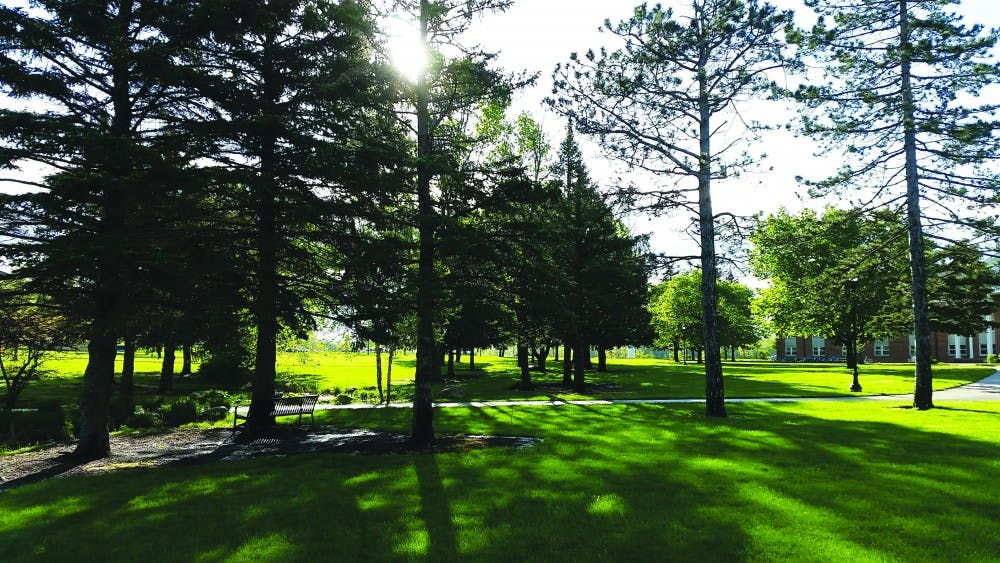By Philip Grabowski | Faculty Contributor
As Earth Day approaches, three questions arise: What real impact do we really have on the environment? What responsibility do we have to change that? And, how should Christians address our stewardship responsibility?
Evangelicals have largely neglected the biblical call to be stewards of God's creation. This call originated with God giving Adam the responsibility of tending and caring for the Garden of Eden (Genesis 2:15) and was reiterated through the Law of Moses and the prophets. The death and resurrection of Christ not only reconciled our relationship with God but also provided the means for reconciled relationships with each other and for a reconciled relationship with the natural world (Colossians 1:20).
If you can read, you have more education than 1 billion people do. If you have ever attended college you are among the 35 percent most privileged in the world. "From everyone who has been given much, much will be demanded" (Luke 12:48). One important way we have failed to live out our faith is through our thoughtless destruction of the environment.
The United States has just over four percent of the world's population but is responsible for about 30 percent of the world's carbon dioxide emissions. Climate change disproportionately harms the poor and is having a profound impact across the globe. Christians need to address this injustice.
Sustainability in the United States will require radical transformation towards a green economy. This includes transforming transportation systems, energy sources, waste management and food production.
But there is much we can do right now to be better stewards of the environment. Local action has global implications. Simple actions by individuals can have a massive collective impact. Here are some key actions to consider:
- Sort your waste carefully into recycling and non-recyclables.
- Do not take more food than you will eat at the dining commons.
- Turn off the water and lights when you are not using them.
- Drive less and walk more.
- Think carefully about what you buy and avoid replacing your devices and clothes.
Christ-centered environmental action is denying ourselves for the good of others; it is taking deliberate action that may be inconvenient to honor the one who gave everything for us. We need to challenge each other lovingly, rejecting the temptation to use legalism and guilt trips. We need to take action based on our own convictions. We should share honestly with each other about our convictions but avoid shaming others to do more than what comes from their heart's desire to love God and love others.
I do not live a sustainable life, though I try to take new steps in that direction regularly. I need help to do that better. The body of believers is where I look first for support in how to live out my Christian calling. Unfortunately, in the United States environmental action is often seen through a political lens. This understandably makes many uncomfortable to discuss it in church. But we need to talk about it if we are to help each other follow God's word.




